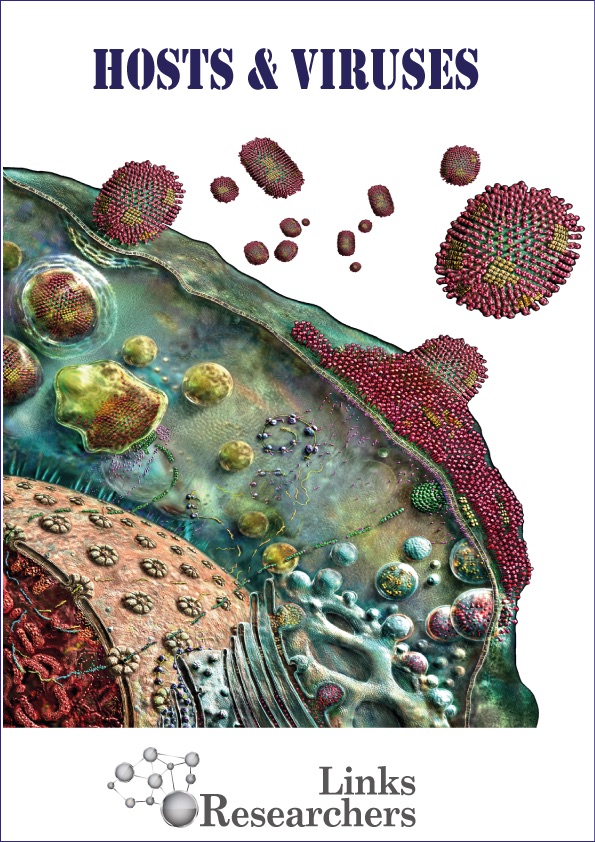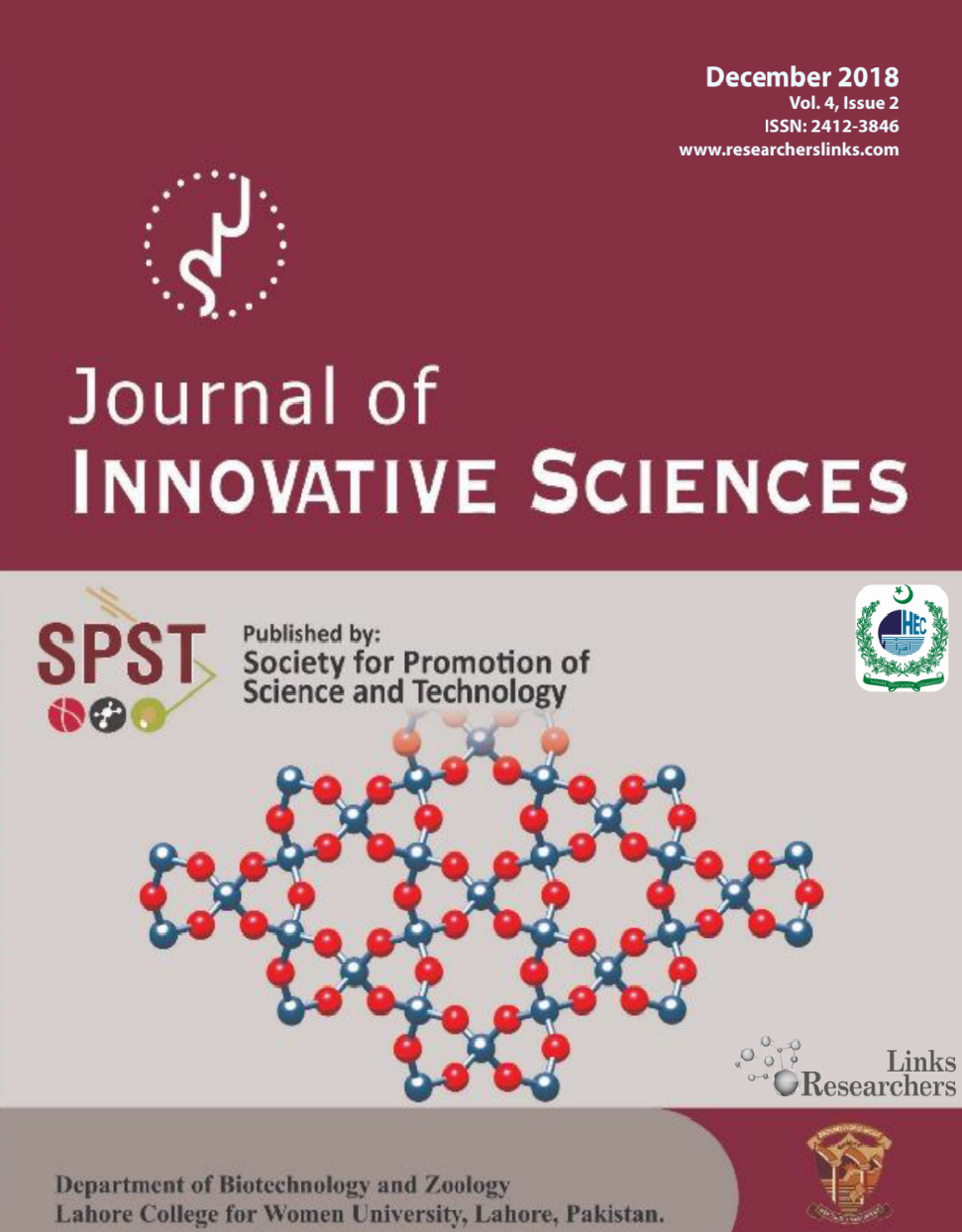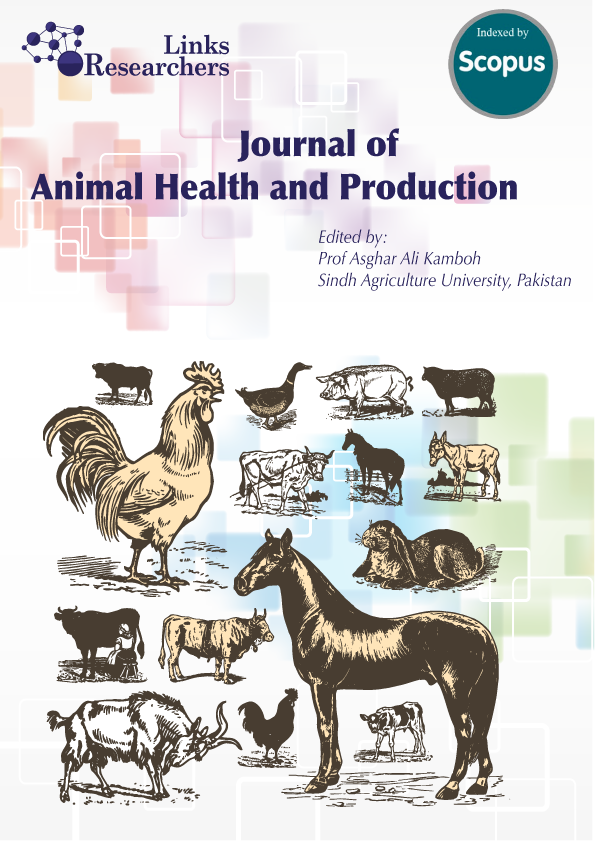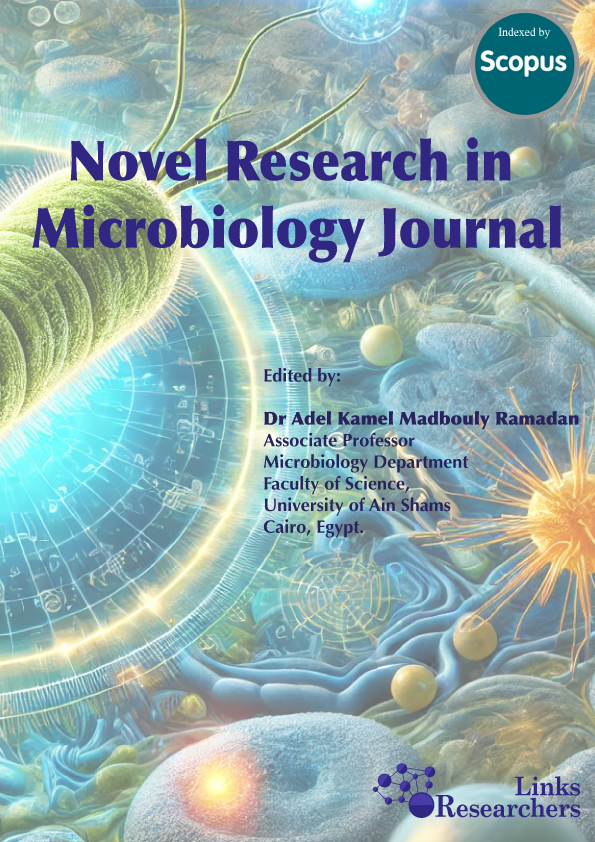Mohammed A. Rohaim1*, Rania F. El-Naggar2, Abdulrahman M. Gamal3, Elshaimaa Ismael3, Mohamed M. Hamoud4, Sherif T. Moubarak3, Ashraf M. Metwally1, Manal M. Zaki3, Shimaa A.E. Nasr3, Samah Elsaid3, Mohamed M. Ali3, Hussein A. Hussein1 and Osama K. Zahran3
Email: mohammedvet1986@gmail.com; mohammed_abdelmohsen@cu.edu.eg
D. C. Khatua, B. Mondal and G. Saha
Ragia S. Mohamed1, Rania F. El Naggar2, Mamdouh. M. Hamoud1, Mohamed M. Hamoud3, Abdulrhman M. Gamal1, Samah E. Laban1, Shimaa A.E. Nasr1, Manal M. Zaki1, ElShaimaa Ismael1, Osama K. Zahran1*
Md. Al-Amin Tan1, Mst. Antora Akter1, Md. Sabuj Rahman1, Marzia Rahman2 and Md. Mahmudul Alam1*
Mohamed Saleh*, S.E. Laban, G.Z. Mostafa, S.T. Moubarak
Hassan A. Aidaros, Eman M. Hafez, Halla E.K. El Bahgy*
Song Jiang1,2,3, Zhenhua Ma1,2, Falin Zhou1,2, Xu Chen1, Jing Hu1, Rui Yang1, Shengjie Zhou1, Yundong Li2 and Qibin Yang1*
Fatiha Malki1*; Abdelkader Touati1










